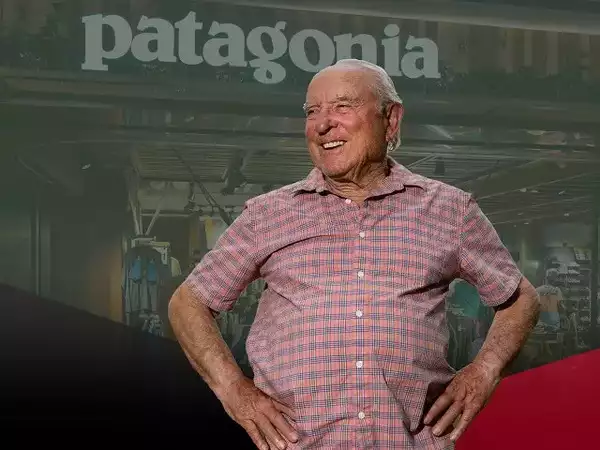Should Your Corporate Values Have a Succession Plan?
The business world, and environmental activists everywhere, took notice when Yvon Chouinard, Patagonia’s founder, announced this past September that he would be transferring ownership of his company (valued at approximately $3 billion) to a specially designed trust, known as the Patagonia Purpose Trust, and to a nonprofit organization called the Holdfast Collective. The decision preserves the company’s autonomy, while ensuring that all of its profits (around $100 million a year) are used to combat climate change and protect undeveloped wildlands across the globe.
Chouinard’s decision to forgo fortune and company ownership in favor of a higher purpose has been heralded as “morally courageous,” but to those who know him, Chouinard’s choice was not altogether surprising. Jim Collins, author of Good to Great, Built to Last told Fast Company magazine, “The idea that they are going to try to put in place a structure that will allow the values, purpose, and integrity to continue beyond the founder is emblematic of the Built to Last philosophy on a large scale.” Collins went on to explain that Patagonia’s pursuit of conscious consumerism has been a steady climb – one of consistent and deliberate effort, as opposed to a one-off, ‘woke impulse.’
Though Mr. Chouinard’s decision might seem unconventional in traditional business terms, it tracks with consumer research that shows a shifting demand for more ethical and sustainable brands, products, and services. According to a recent Nielsen study, “60% of U.S. consumers have been making more environmentally friendly, sustainable, or ethical purchases since the start of the pandemic,” and “66% of consumers agree that environmental issues are having an adverse impact on their current and future health.”
With socially responsible spending on the rise, purpose-driven brands are becoming more ubiquitous while, perhaps, less differentiated in the eyes of consumers. But what sets Patagonia apart isn’t the company’s values (noble as they might be). It’s Mr. Chouinard’s decision to project those values forward. By directing the company’s fortune and future profits toward the causes he and his company embrace, Mr. Chouinard has, essentially, created a succession plan for Patagonia’s values.
At the same time, it should be acknowledged that Mr. Chouinard has also bet his company’s future on the continuing marketability of his personal values. If his bold move inspires more people to buy Patagonia’s down jackets and fleece vests, Chouinard’s decision could serve as a “proof of concept” for purpose-driven businesses everywhere, and could inspire others to emulate his values succession plan.
Personally, I hope that happens, and market research suggests the odds of Chouinard’s gamble paying off are in his favor. But consumers can be fickle, so investors and business leaders will certainly be watching as Chouinard’s decision is tested in the marketplace in the months and years to come.
